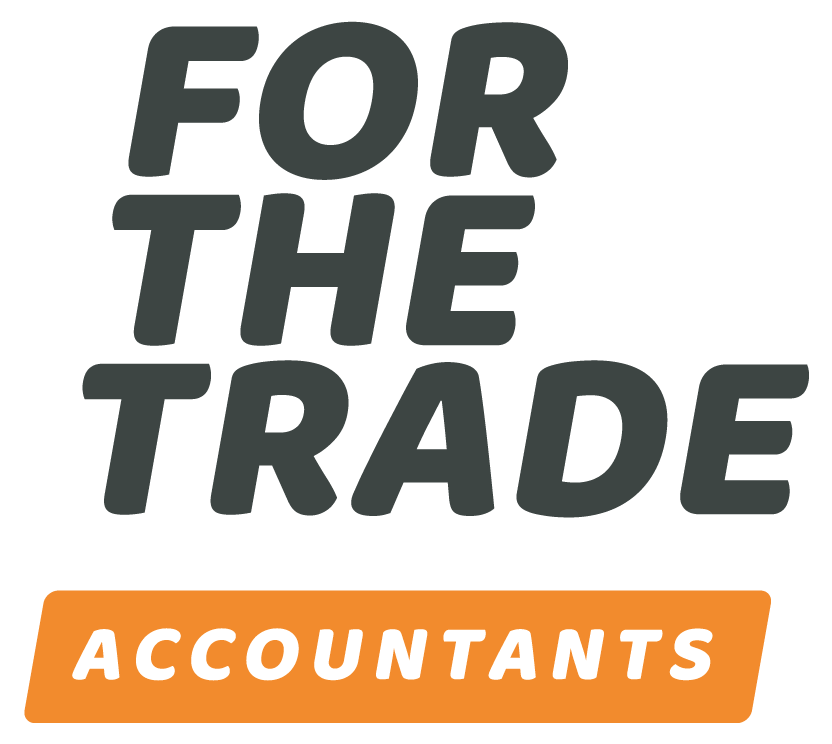Money talks in all aspects of your life. It would be nice if you could have more control over it, right? Especially in your business.
Well, when times are tough, and clients are being tight-pursed, having a cash strategy will give you the upper hand in any negotiation. You’re getting ahead of the game by looking at the future, and where you could be doing things better to get more cash for your business.
In today’s post, we’ll look at cashflow for your trade business and give you some actionable steps to make it flow rather than trickle.
Always get a deposit
When you first enter into a contract with a client, it’s very unusual for the work to start right away. Occasionally it happens, but it’s far from the norm.
So despite the fact you’ve just guaranteed some new business, you won’t actually see any of the bunce from it until the job has been completed.
For cashflow, this is a missed opportunity. What happens if you have an issue with a van in your fleet? Have you got the cash to take care of an emergency?
By getting a deposit from the client, you’re getting something as soon as you do the deal. Instant cash.
Now depending on the terms, you’ll be able to keep this if the client cancels for a specific reason — these can vary — but it works in both parties’ favour. To the client, they’re now invested in the project and will be more likely to be responsive. And for you, you’ve got a chunk of cash to help your business.
Get a wireless card machine
Modern tech has changed the game, especially if you want to get paid as soon as you’ve done the job.
In the old days, you were hamstrung as a tradie — you had to wait to get paid (unless you were doing it cash in hand), as being out on the road there was no way to take payment.
Nowadays, all you need is a tiny contactless card receiver. Usually, these work by connecting to your phone’s mobile signal and processing the payment through the internet.
Now you can ask for payment on-site and get it transferred to your bank account in seconds. Neat.
Agree on payment terms that suit you
To take that one step further, sometimes you might need to ask for the full amount upfront. We’ve spoken to countless tradies who are afraid to ask this question — we say go for it. Sometimes it can work to your client’s benefit, especially around a tax deadline.
And if you negotiate the contract properly, you can include when is best for you to get paid — maybe that could be as soon as the work is completed or halfway through the gig.
The knack here is to arrange terms that suit your business. Talk to your clients and find out the best deal for all parties.
Understanding commercial contracts
A commercial contract is a document that details an agreement between two or more parties on a commercial issue — in layman’s terms, it’s a works agreement.
This contract will include terms and conditions that must be met in order for all parties to comply with the deal. If you or your client break these terms, you’re in breach of the contract.
When putting one of these together, you can set how long the contract is active — something we’d strongly recommend you do. Whether you’re contracted for 30 or 90 days, booking yourself out in slots means that you have more leeway should a project get waylaid or unforeseen circumstances occur.
You can renegotiate the contract once the minimum term is up. And it’s worth remembering the stronger the payment terms, the more likely it is that your client will want to negotiate detailed terms for the delivery of your services.
How is this good for cashflow? You know exactly where you stand and what you need to do to uphold your side of the bargain. Like anything else you do in business, there is a knack to keeping the cash flowing.
As a tradie, adding this skill to your toolset isn’t essential — but it is bloody useful.
We’re here to help you — get in touch today to find out how we can help your cashflow.


